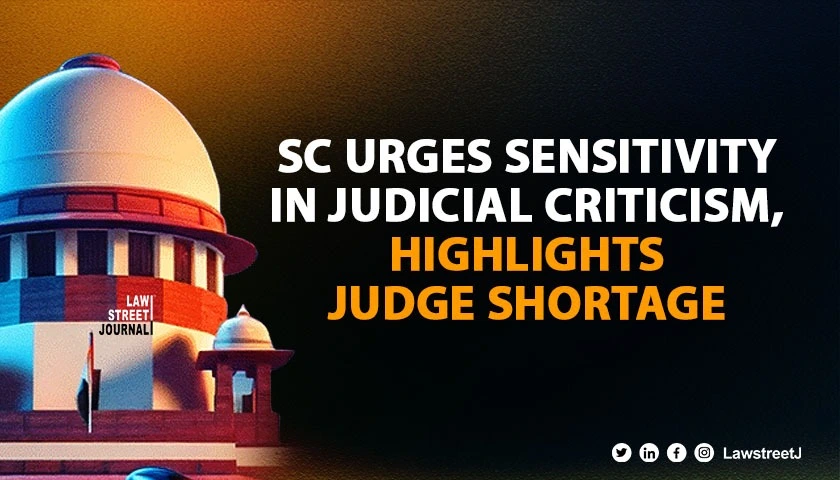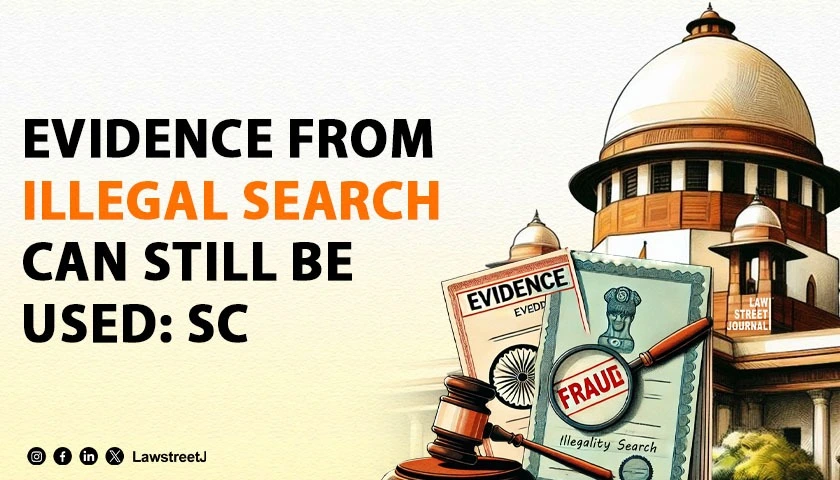New Delhi: The Supreme Court has delivered a significant judgment addressing the issue of adverse remarks against judicial officers and highlighting the concerning state of the judge-to-population ratio in India.
Supreme Court Advocates Fair Criticism of Judicial Officers to Protect Careers
Justices Abhay S. Oka, Ahsanuddin Amanullah, and Augustine George Masih delivered the judgment in an appeal filed by an Additional District and Sessions Judge from Delhi, seeking the expungement of adverse remarks made against him by the Delhi High Court.
The Court emphasized that while superior courts can legitimately criticize errors in orders passed by lower courts, they should avoid making personal remarks about judicial officers. “There is a difference between criticizing erroneous orders and criticizing a Judicial Officer. The first part is permissible. The second category of criticism should best be avoided,” the Court observed.
India’s Judge-to-Population Ratio Remains Alarmingly Low, SC Raises Concerns
Addressing systemic challenges, the Court noted that judges are human beings prone to making mistakes, especially given their immense workload. It expressed concern that despite its 2002 directive in the All India Judges Association case to achieve a judge-to-population ratio of 50 per million within five years, the country has not even reached 25 per million by 2024.
“Judges have to work under stress. As stated earlier, every Judge, irrespective of their post and status, is likely to commit errors. In a given case, after writing several sound judgments, a judge may commit an error in one judgment due to the pressure of work or otherwise,” the Court noted.
The Court provided guidance on addressing situations where a judicial officer’s conduct appears improper. Instead of making adverse remarks in judgments, it suggested that High Court judges could separately bring such matters to the Chief Justice’s attention through confidential communication on the administrative side.
In the specific case, the Court ordered the expungement of adverse remarks made against the appellant judge in the Delhi High Court’s order, noting that describing the appellant’s approach as a “judicial misadventure” was improper.
The Court emphasized that personal adverse observations in judgments adversely affect a judicial officer’s career and condemn them without providing an opportunity to be heard, which violates the principles of natural justice.
Case title: Sonu Agnihotri vs. Chandra Shekhar & Ors.













